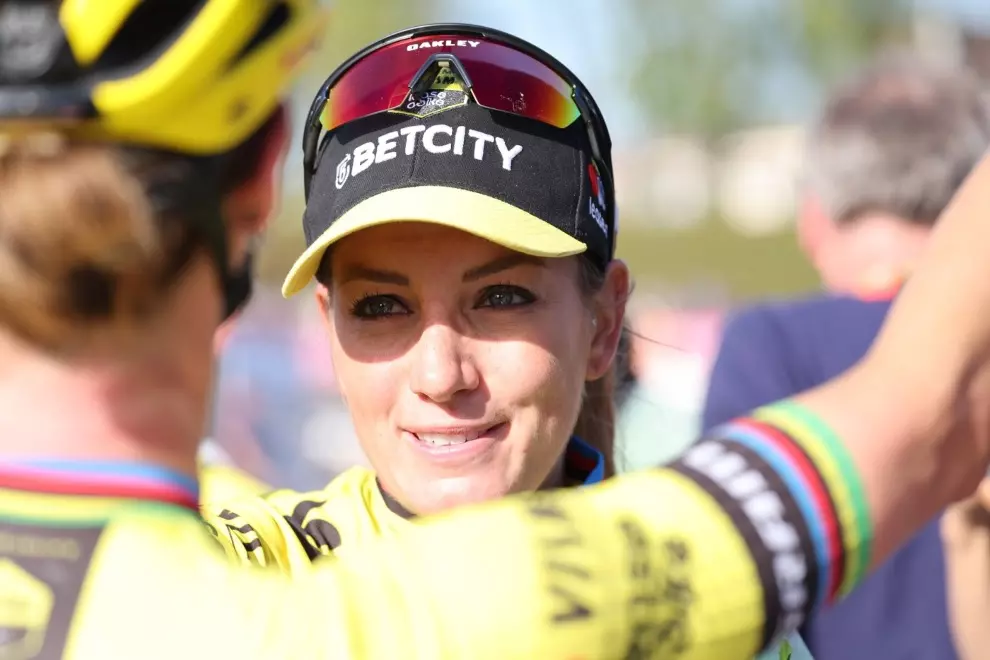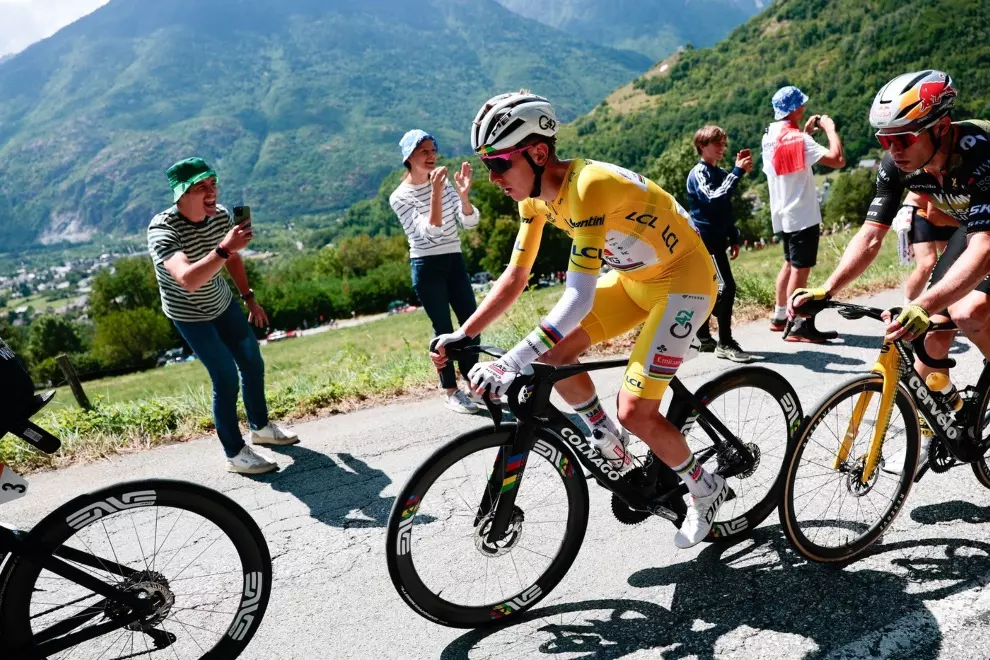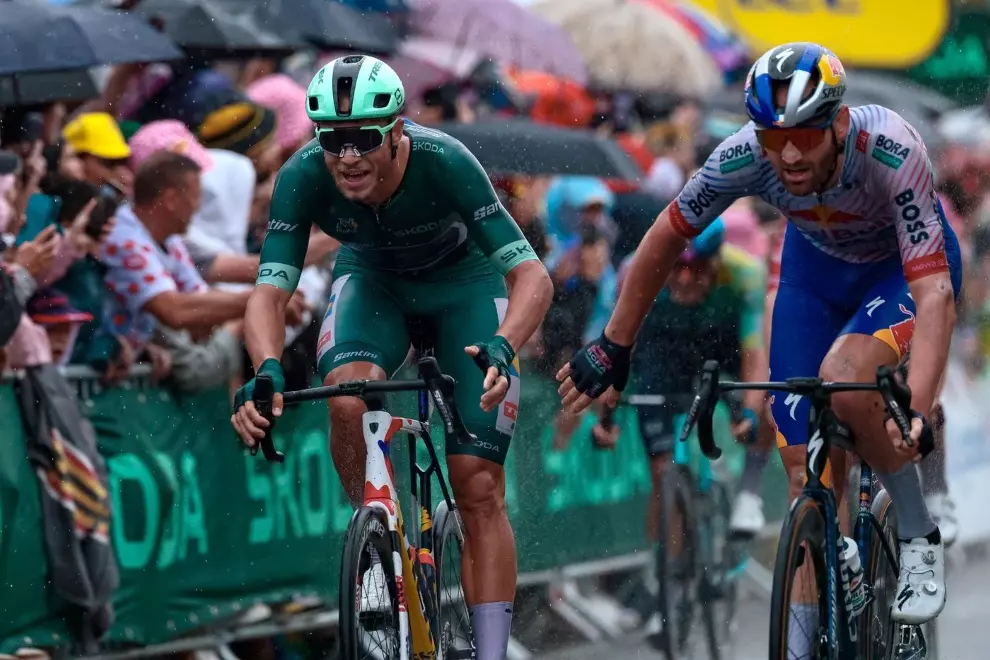From Merckx to Vingegaard
No cycling fan has to think too hard to name a famous cyclist from one of these countries. Eddy Merckx from Belgium probably comes to mind first, and names like Joop Zoetemelk from the Netherlands or Bjarne Riis from Denmark have also left a deep mark on the sport. And it seems like nowadays, these three flatlands are producing more successful pro cyclists than ever. The obvious name from Denmark is Jonas Vingegaard, and his teammate Wout van Aert or rival Remco Evenepoel are representing Belgium remarkably well too. And the Netherlands is a hotbed for women’s cycling talent with Annemiek van Vleuten, Marianne Vos, and Demi Vollering just to name a few.
This can’t be a coincidence or luck, there are some things about Belgium, the Netherlands, and Denmark that make them exceptionally good at producing cycling professionals despite having zero mountains. Here are four reasons that may contribute to it.

Cycling culture and infrastructure
All three countries have a strong cycling culture with a high number of people using bicycles for transportation and recreation. They also have well-developed cycling infrastructure, including dedicated bike paths and facilities, which makes it easier for people to cycle and train. This infrastructure and culture provide fertile grounds for the growth of the sport and the development of young cyclists. A much higher proportion of citizens in these countries come into contact with the sport, which increases the likelihood that a truly talented individual will be discovered.
Cobbled roads and short, sharp hills
The Flemish Ardennes in Belgium and Limburg in the Netherlands have cobbled roads and short, sharp hills that are challenging for cyclists. These may not be mountains in the same sense as the Alps or Pyrenees are but they definitely are worthy testing grounds. They are also home to one of the cycling monuments, the Tour of Flanders, and other classics, which attract top riders and teams from around the world.
Strategic racing
The nature of the races in these countries, with their challenging terrain and unpredictable weather, often requires strategic racing. This type of racing favours riders who can read the race, make tactical decisions, and work well in a team, which are skills that cyclists from these countries often excel at.
Cyclo-cross
Cyclo-cross is a popular form of racing in these countries, which involves a mix of road and off-road sections, often including short, steep climbs and technical descents. This discipline helps develop bike handling skills and explosive power, which can be beneficial for road racing as well.
Do you agree? Or do you think there’s more to it?




